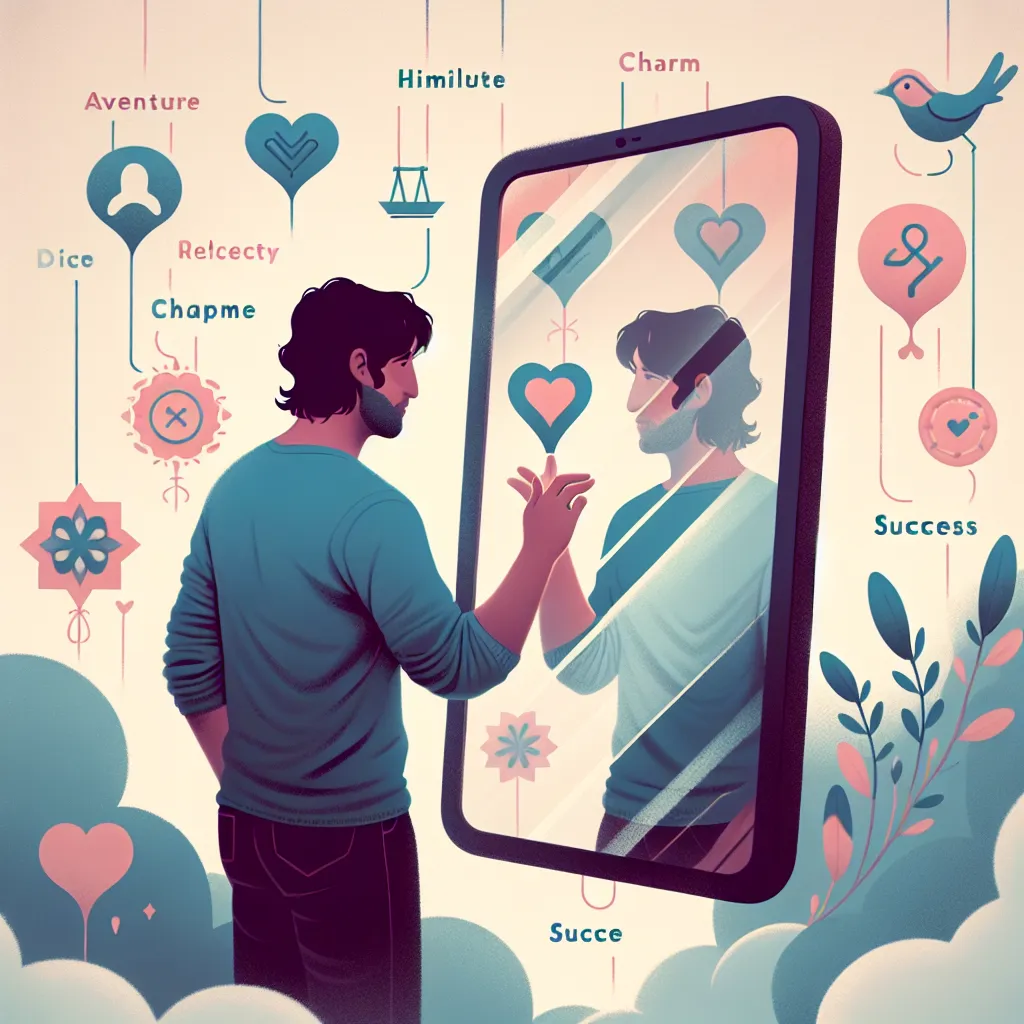Hello, relationship seekers!
Today, we’re diving deep into an important question about relationships: “What psychological payoff drives couples to display excessive affection on social media?”
The Direct Answer
The psychological payoff that drives couples to display excessive affection on social media often revolves around validation, self-esteem, and relationship security. Social media gives couples an instant platform to share their happiness and get immediate feedback, in the form of likes and comments, which can boost feelings of validation and self-worth. However, it’s a complex topic with multiple factors at play, so let’s delve deeper to understand this phenomenon better.
1. The Role of Validation and Self-Esteem
Validation and self-esteem form the first major category of evidence for understanding why couples display excessive affection on social media.
A. Seeking Validation
Couples often use social media to seek validation for their relationships. Positive feedback from their audience can make them feel accepted and valued.
– Expert Perspectives: Dr. Megan Sutherland, a clinical psychologist, notes that “the likes, comments, and shares we receive on our posts can make us feel seen and acknowledged.” Similarly, relationship counselor Dr. Richard Weiss explains, “Social media provides a convenient way to seek validation, especially for couples who may feel insecure about their relationship.”
– Psychological Research: Research by Hart, Nailling, Bizer, and Collins (2015) supports this, showing that individuals with lower self-esteem are more likely to post relationship-relevant information on Facebook to seek validation.
– Real-World Examples: Consider a couple who posts frequent pictures of their romantic dinner dates. The positive feedback they receive can enhance their feelings of validation, strengthening their bond.
B. Boosting Self-Esteem
Another aspect is the role of social media in boosting self-esteem.
– Historical Context: Social media platforms have increasingly become tools for self-presentation and impression management.
– Common Challenges: However, this reliance on external validation can lead to a dependency on social media for self-esteem, which can be detrimental in the long run.
– Practical Applications: To mitigate this, couples can consciously limit their social media usage and find validation from within their relationship rather than external sources.
2. Relationship Security and Happiness Display
The second major evidence category is the association between relationship security and the display of affection on social media.
A. Relationship Security
The need to appear happy can stem from a desire to affirm relationship security.
1. Relationship Visibility and Security: Research by Emery, Muise, Dix, and Le (2015) found that individuals who were satisfied with their relationship were more likely to make their relationship visible on Facebook.
2. Reaffirmation of Love: Public displays of affection can serve as a reaffirmation of love and commitment, strengthening the bond between the couple.
3. Happiness Display: Posting happy moments could be seen as a way to reassure oneself and others about the health of the relationship.
4. Real-world example: A couple posting about their anniversary might be reaffirming their commitment and expressing their satisfaction with their relationship.
B. Happiness Display
However, it’s also important to note that not all couples who display excessive affection on social media are necessarily insecure.
– Opposing Views: Some experts suggest that happy couples are simply more likely to share positive aspects of their relationship, reflecting their genuine happiness rather than compensating for insecurities.
– Balanced Perspective: It’s crucial to have a balanced perspective and not perceive all social media displays of affection as a sign of insecurity.
3. The Role of Social Comparison
The third major category of evidence is the role of social comparison in driving couples to display excessive affection on social media.
A. Social Comparison Theory
According to social comparison theory, we evaluate our own social and personal worth based on how we stack up against others.
– Competitive Aspect: In the context of relationships, couples may display affection on social media to portray their relationship as ideal, fostering a sense of superiority.
– Influence of Social Media: Social media fuels this comparison by providing a platform for people to present an idealized version of their lives.
– Real-world example: A couple might post pictures from a luxurious vacation to portray a perfect relationship, influenced by similar posts from other couples.
B. Alternative Perspectives
There are alternative perspectives to consider as well. Some couples might genuinely enjoy sharing their affection and experiences without any underlying motives of validation or comparison.
C. Future Possibilities
With the growing awareness about the impacts of social media on mental health, couples in the future might choose to limit their public displays of affection, focusing on private, genuine interactions instead.
4. Additional Context and Considerations
It’s also essential to consider the cultural context, individual personality traits, and the quality of the relationship itself. Couples in long-distance relationships, for instance, might use social media as a vital tool to express affection.
Conclusion: The Definitive Answer
Based on the evidence, the psychological payoffs driving couples to display excessive affection on social media include validation, self-esteem, relationship security, and social comparison:
– Validation: Social media provides an accessible platform for couples to seek validation, which can boost their self-esteem and feelings of acceptance.
– Relationship Security: Couples may use social media to affirm their relationship security and happiness.
– Social Comparison: Social media fuels comparison, leading couples to present an idealized image of their relationship.
In conclusion, while displaying affection on social media can have psychological benefits, it’s crucial for couples to maintain a balanced perspective. Finding validation within the relationship, rather than relying on external approval, and focusing on genuine, private interactions can contribute to a healthier, more satisfying relationship.



